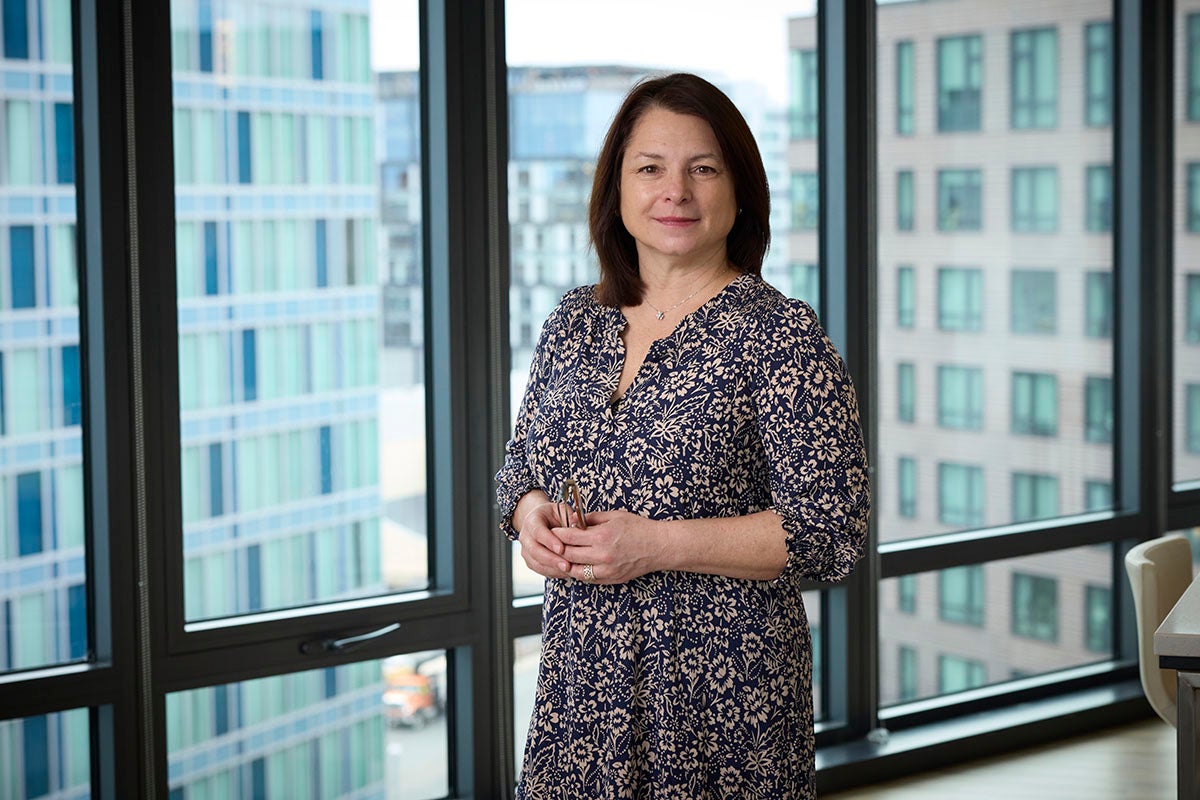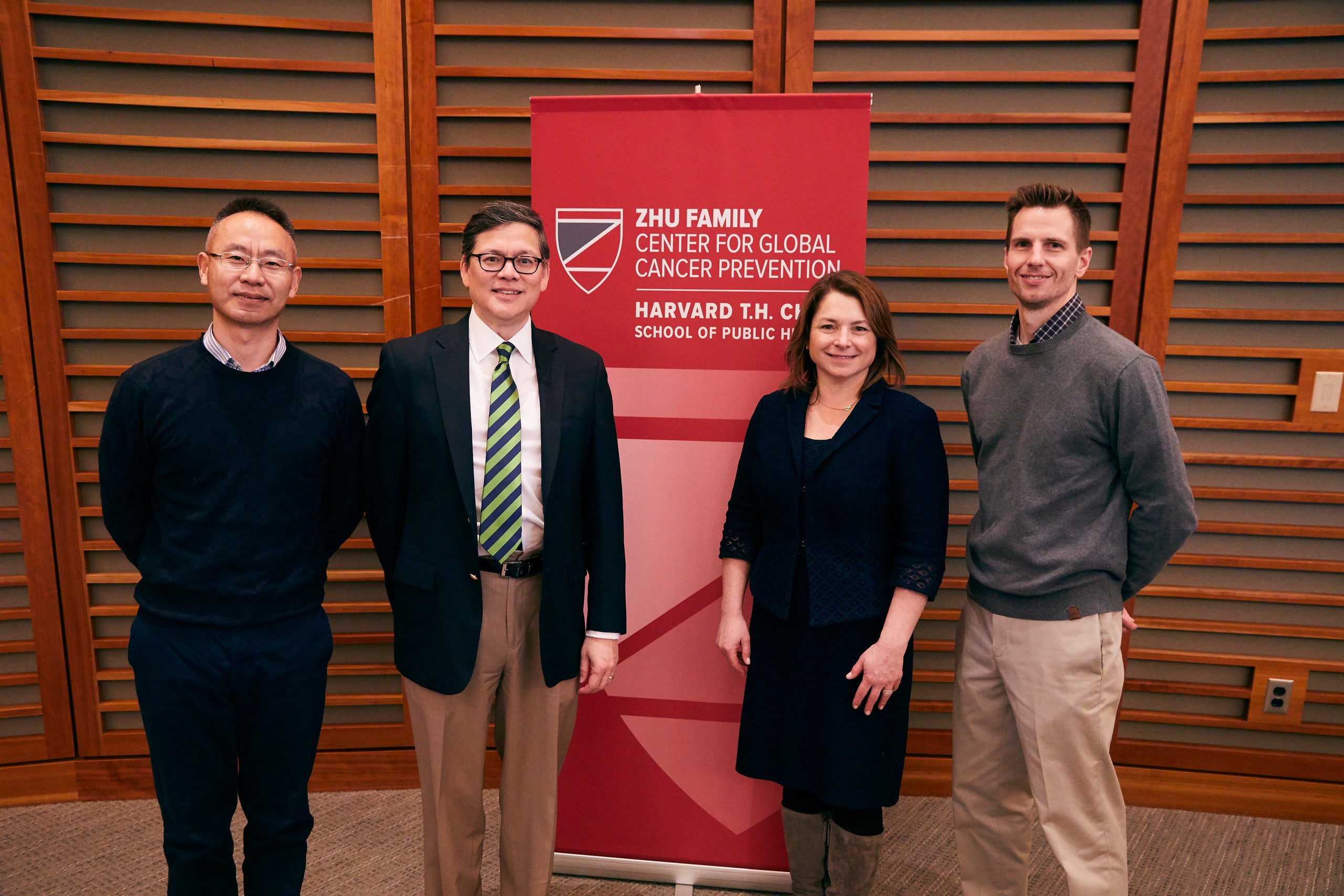RAD21 promotes oncogenesis and lethal progression of prostate cancer.
Su XA, Stopsack KH, Schmidt DR, Ma D, Li Z, Scheet PA, Penney KL, Lotan TL, Abida W, DeArment EG, Lu K, Janas T, Hu S, Vander Heiden MG, Loda M, Boselli M, Amon A, Mucci LA.
Proc Natl Acad Sci U S A. 2024 Sep 03. 121(36):e2405543121. PMID: 39190349

